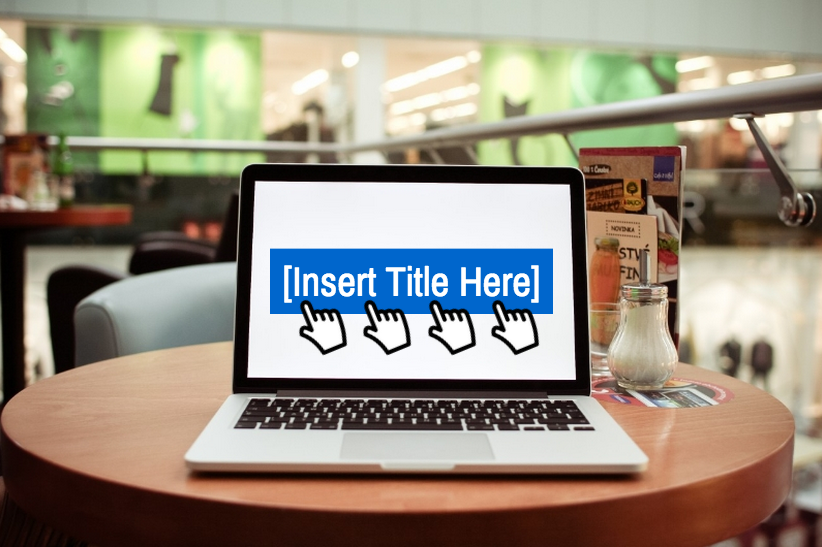Topics:
Content MarketingSubscribe now and get the latest podcast releases delivered straight to your inbox.
 Every two days now we create as much information as we did from the dawn of civilization up until 2003. (Source: TechCrunch)
Every two days now we create as much information as we did from the dawn of civilization up until 2003. (Source: TechCrunch)
Sounds far fetched? Why don’t you tell that to the former CEO of Google, Eric Schmidt, who issued the astonishing statistic at the Techonomy conference back in 2010.
With a few more years under our belt since then, there’s no doubt that the Internet is literally bursting at the virtual seams with content.
In one minute alone YouTube users upload 48 hours of video, Facebook users share 684,478 pieces of content, Instagram users share 3,600 new photos, and Tumblr sees 27,778 new posts published. (Source: Visual News)
If these statistics have you feeling like a drop in the ocean, be aware that you’re not going to get anywhere with that attitude.
The key to creating content that stands a chance lies in the way that you present it to your audience.
So before you send your content off to lock horns with the rest of the content bustling around out there, be sure to arm it with an intriguing title.
What Your Title Should Be:
An Accurate Representation Of The Story
Each headline you put forth should serve as a valid representation of your content, so don’t tiptoe around the topic.
The way that you approach your title has the ability to determine whether or not a reader will choose to read on. Think of the headline as a way to set your potential reader’s expectations. This will help you put forth a title that is well-suited for the content that unfolds beyond it.
Consider the effectivity of numbered posts like these:
“5 Must Have Google Chrome Extensions You Needed Yesterday”
“3 Free Tools That Provide Valuable Keyword Data”
“6 Blog Mistakes That Are Costing You Leads”
By explicitly saying what you will be outlining within the body of your text, readers aren’t left playing the guessing game. By specifically presenting article’s intention up front, you are able to reduce the amount of risk attached to an article, and improve the likelihood that people will click-through.
Highly Shareable
Content takes shape in a variety of different environments. Some blog posts are born right into the text box of your blogging software, and others come into being on a napkin in a coffee shop.
Eventually they’re published to one place, but they don’t live there forever. Once you’re blog has made it’s public debut, it begins to circulate among tweets, emails, and word-of-mouth discussions.
If everything goes as planned, your blog post will be copied, pasted, tweeted, shared, liked, retweeted, +1-ed, emailed, referenced, and linked time and time again.
With this being said, it is critical that you take shareability into consideration when formatting a title for your blog post.
Do your best to keep your titles short.
Keep in mind that when people go to share your post on Twitter, they only have 140 characters to spit it out. Even shortened links can suck up 20 characters or so, and your Twitter handle will occupy a few more, so work towards titles that will fit nicely without having to be cut off.
Benefit Driven
You're competing for time, so make sure the audience knows why they're going to give the time to you to read or listen to your story.
When it comes to creating content for readers with pint-sized attention spans, it is critical that you make the benefit known immediately.
If you choose to wait until the first sentence of your blog to address the value, it’s likely that you’ll be a sentence to late.
In fact, on average, 8 out of 10 people will read headline copy, but only 2 out of 10 will read the rest. (Source: Copyblogger)
If you struggle to express how your article will serve as a valuable resource or reward for the reader, they won’t bother to read on. With this in mind, consider the use of tutorial-based posts as a way to make the benefit known right off the bat.
Additionally, it can be effective to insert your reader into the title by including words like “You” or “Your Business” to catch their attention. This type of personalization presents readers with a sense of relativity, which will help them recognize how the article will benefit them specifically.


Order Your Copy of Marcus Sheridan's New Book — Endless Customers!

